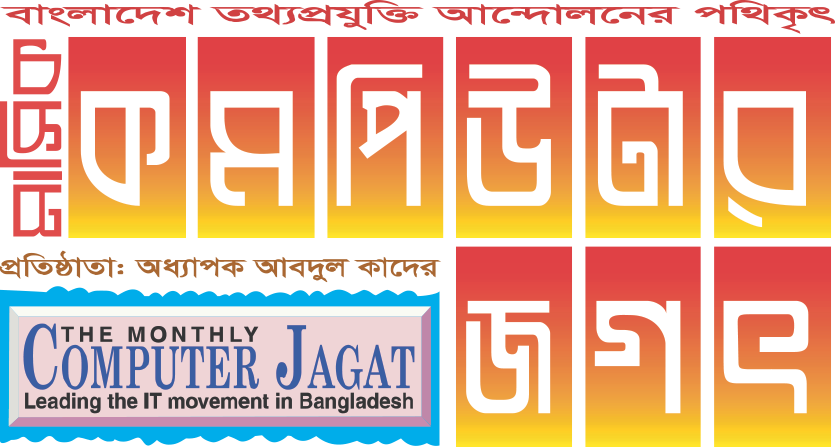The Institution of Engineers, Bangladesh (IEB) is the most prestigious National Professional Organization of the country. Since its establishments, IEB has been promoting and disseminating knowledge and practice of engineering and science. On of the major goal of IEB is to ensure the professional excellence and continuous professional development of the engineers in the country. It has also been working relentlessly to establish close and co-operation with the other professional bodies both in Bangladesh and outside the country.
IEB prepared and presented its recommendations on the Power Sector Reform Policy, Flood Control and Management, Public Administration Reform, Traffic Problem, National Pay Scale, Information Technology, Renewable Energy, Problems of Dhaka Metropolis and Integrated Approach Towards Solution of Endemic Problem faced by the public etc. to the Government on different occasions. Besides, IEB is also playing a significant role for the professional development of its valued members.
Aims and Objectives of IEB
Promote efficiency in the engineering practices and profession. Regulate the professional activities and assist in maintaining high standards in the general conduct of its members.
Lay down professional code of ethics and to make it mandatory for its members to abide by the same in their professional conduct. Help in the acquisition and interchange of technical knowledge among its members. Promote the professional interests and social welfare of its members. Encourage original research in engineering and conservation and economic utilisation of the country’s materials and resources. Foster co-ordination with similar institutions in other countries and engineering universities, institutions and colleges in Bangladesh and in other countries, for mutual benefits in furthering the objects of the Institution. Diffuse among its members information on all matters affecting engineering and to encourage, assist and extend knowledge and information. Promote the study of engineering with a view to disseminating information obtained, for facilitating scientific, engineering and economic development of Bangladesh.
The Washington Accord The Washington Accord is a constituent of the International Engineering Alliance (IEA) which comprises educational accords for professional engineers, engineering technologists and engineering technicians plus two professional engineering and one engineering technologist competency agreements. The IEA is concerned with engineering education and competence across the whole spectrum of engineering.
Originally signed in 1989, the Washington Accord, is a multi-lateral agreement between bodies responsible for accreditation or recognition of tertiary-level engineering qualifications within their jurisdictions who have chosen to work collectively to assist the mobility of professional engineers.
The Washington Accord is specifically focused on academic programmes which deal with the practice of engineering at the professional level.
The Accord outlines the mutual recognition, between the participating bodies, of accredited engineering degree programmes. It also establishes and benchmarks the standard for professional engineering education across the bodies..
Bangladesh – Represented by The Institution of Engineers Bangladesh (IEB) Provisional Status Approved in 2016.
What is the purpose of the Washington Accord?
The Washington Accord is dedicated to ease the mobility of professional engineers. By recognising engineering degrees as equivalent among all signatory countries, it makes it easier for engineers to gain professional registration in other countries, enhancing employment opportunities.
At the same time, the accord also upholds the standard of engineering education among engineering bodies globally. In order for a country to be part of the Washington Accord, they must ensure that their graduates satisfy the accord’s graduate attributes. Graduates are expected to be able to apply their knowledge of math, science, engineering fundamentals and an engineering specialisation to solve complex engineering problems.
How does the Washington Accord benefit engineering graduates?
- Recognized internationally by other signatory countries
- Increases employment opportunities
- It’s easier to gain professional recognition abroad
If the country is a signatory of the Washington Accord, it means that the Engineering Degree accredited is recognised internationally by other signatory countries and not just within your home country, thereby increasing your employment opportunities.
While the accord does not cover licensing of professional engineers (that is to say, having the status of Professional Engineer in your home country does not mean that you will automatically have the same status in other countries in the Washington Accord), it does make it easier for you to gain professional recognition abroad. This is because academic requirements are a key criteria of professional registration, which is covered by the Washington Accord.
Role of the International Engineering Alliance
The International Engineering Alliance (IEA) is an umbrella organisation for six multi-lateral agreements which establish and enforce amongst their members internationally-benchmarked standards for engineering education and what is termed “entry level” competence to practise engineering. The Alliance, which currently has lead engineering organisations including five G8 and 11 G20 nations, is expanding steadily with China being the latest to apply. The IEA’s vision is to: Improve the global quality, productivity and mobility of engineers by being an accepted independent authority on best practice in standards, assessment and monitoring of engineering education and professional competence. The Washington Accord sits under the IEA alongside the Sydney and Dublin Accords. Quality engineers are developed with an accord-recognised degree or equivalent, through experience after graduation to develop both professional and personal maturity, and by meeting an agreed competence typically measured by evaluation against 13 elements.
The IEA’s core activities:
• Consistent improvement of standards and mobility
• Defining standards of education and professional competence
• Assessment of education accreditation and evaluation of competence
• Participation in activities that are driven from the engineering profession.
It is indeed we are grateful to the father of the nation Bangabandhu Sheikh Mujibur Rahman who has given the independent Bangladesh. This achievement has come to light with the dynamic leadership of our dear Prime Minister Sheikh Hasina, the honorary Fellow of IEB.
At last, with due respect, we should utter the name of the members of the executive body headed by Engr. Abdus Sabur, the President of IEB.
Ref.
Engr. Khan Mohummad Kaisar OCD Member No. 5906, FIEB-12274, FCS-223
B.Sc. Engg. CSE (UAP), M. Sc. Engg. ISS in course (BUP)
Trained in Telecommunication switching technology at ZTE University, China
BCS (Telecommunication) 25th Batch
Working in DOT, MOPT&IT, The People’s Republic of Bangladesh
Executive Member, Computer Engineering Division, IEB, 2018-2019
Vice Chairman Candidate
Computer Engineering Division IEB Election 2020-2021






Leave a Reply